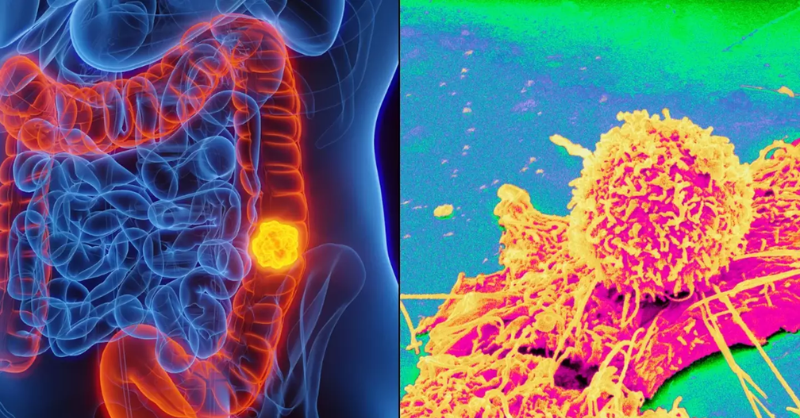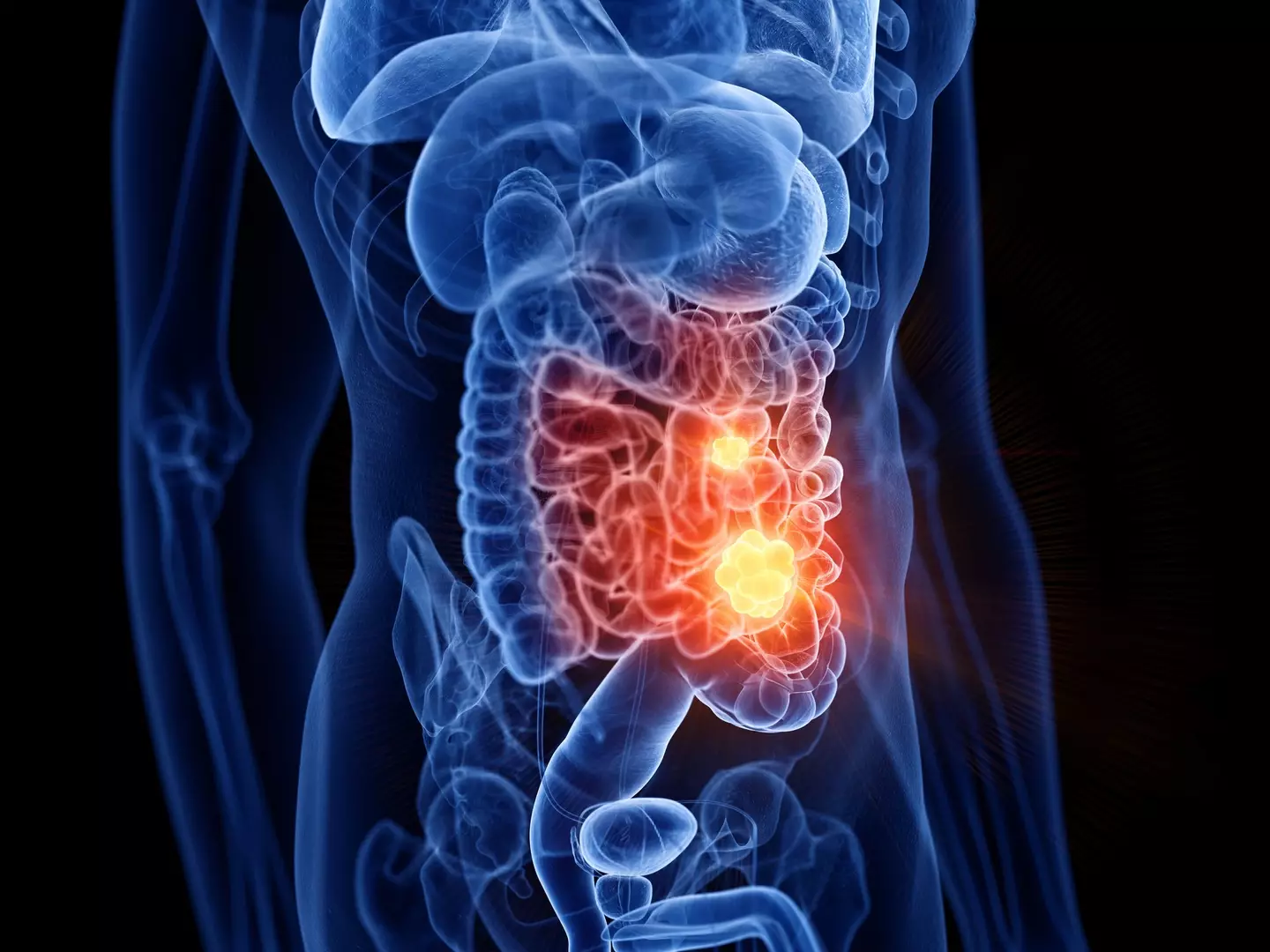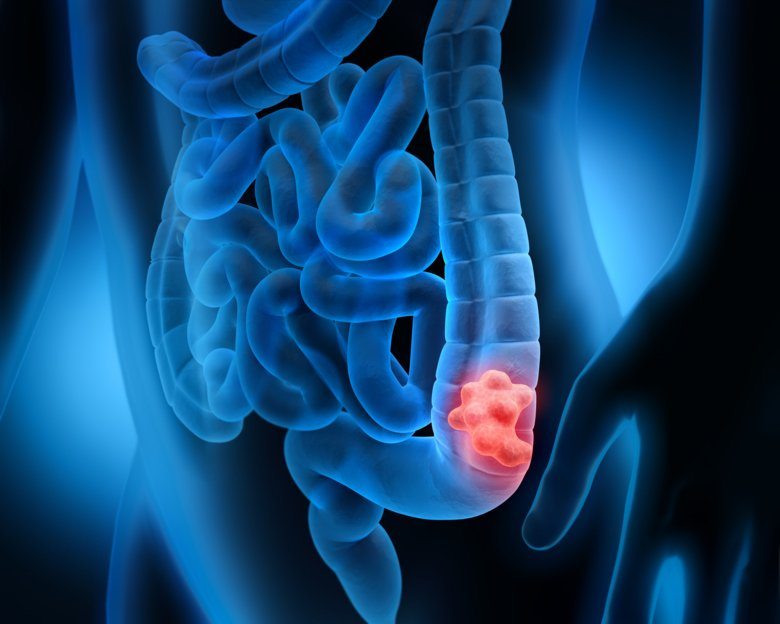Cancer is a devastating disease with many forms, but one type is becoming increasingly prevalent among younger people in the UK, and it’s particularly difficult to detect.

A recent study published in The Lancet analyzed population data up to 2017 and found that this type of cancer is rising in younger individuals, with rates increasing faster in England than anywhere else globally.
This form of cancer claims the lives of 17,000 people annually in the UK, and it’s emerging as a growing concern among those under 50.
The study revealed that “cancer incidence rates are rising in 27 of the 50 countries and territories examined, with the rise either exclusive to early-onset disease or faster than the increase in older adults in 20 of the 27 countries.”
It emphasized the urgent need to “identify factors driving these trends and increase awareness to help facilitate early detection.”

One of the contributing factors is diet, according to researchers from the American Cancer Society, who led the study. They noted that the spread of ultra-processed foods, often replacing traditional diets, has expanded into poorer countries, exacerbating the issue.
The study reported the “steepest inclines” in early cancer cases in Chile (4%), New Zealand (nearly 4%), Puerto Rico (3.8%), and England (3.6%).
The cancer in question is early-onset colorectal cancer, commonly known as bowel cancer.
As defined by Cancer Research UK, “Bowel cancer means cancer that starts in the large bowel (colon) and the back passage (rectum). It is also known as colorectal cancer. Your treatment depends on where the cancer starts in your bowel.”

Symptoms of this hard-to-detect disease may include:
- Diarrhea or constipation
- Changes in bowel habits (going more or less often)
- Blood in the stool
- Abdominal pain or a lump in the abdomen
- Unexplained weight loss
- Fatigue without a clear cause
- Bloating

It’s important to remember that these symptoms can be caused by various conditions, such as irritable bowel syndrome. However, the only way to be certain is to get checked by a medical professional.
The Lancet study highlighted that bowel cancer rates in young people rose in 27 of the 50 countries studied. Dr. Hyuna Sung, senior principal scientist at the American Cancer Society, explained: “The global scope of this concerning trend highlights the need for innovative tools to prevent and control cancers linked to dietary habits, physical inactivity, and excess body weight.
“Raising awareness of the trend and the distinct symptoms of early-onset colorectal cancer among young people and primary care providers can help reduce delays in diagnosis and decrease mortality.”

A Connection Between Diet and Colorectal Cancer
The research identified colorectal cancer as the “third most commonly diagnosed cancer and the second leading cause of cancer death,” responsible for over 1.9 million new cases and nearly 904,000 deaths globally in 2022.
Although scientists are still investigating why rates are rising in younger people, many point to dietary factors.
Michelle Mitchell, chief executive of Cancer Research UK, highlighted the devastating impact of a cancer diagnosis at a young age. She stated:
“A cancer diagnosis at any age has a huge impact on patients and their families – so while it’s important to note that rates in younger adults are still very low compared to people over 50, we need to understand what’s causing this trend in younger people.”

